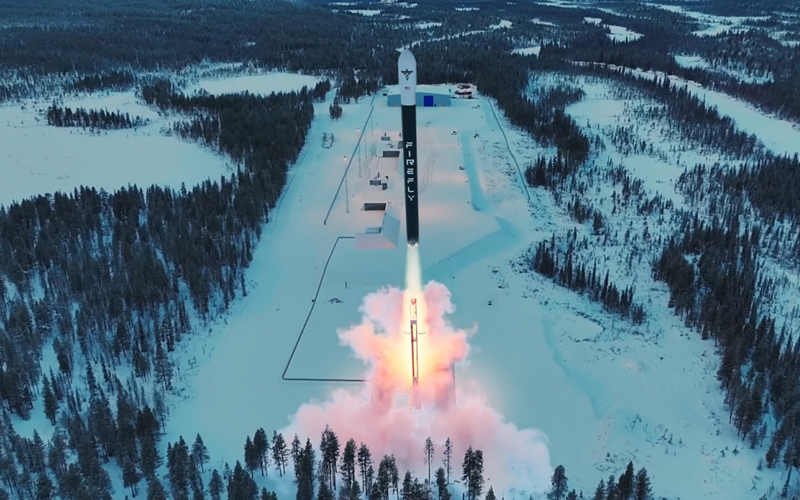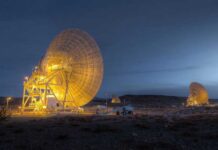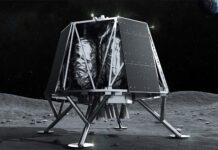
Firefly Aerospace has signed a collaborative agreement with the Swedish Space Corporation to launch its Alpha rocket from Esrange Space Centre in Sweden.
The Esrange Space Centre was built in the 1960s and has hosted hundreds of suborbital rocket launches. In January 2023, the Swedish Space Corporation (SSC), a space services company that is owned by the Swedish state and manages the operation of the space centre, inaugurated a brand-new launch pad, designated Complex 3C, that would host the facility’s first orbital launch. However, at the time of the inauguration, no company had signed on to utilize the new launch pad.
In May 2024, South Korea’s Perigee Aerospace signed a collaborative agreement with SSC to launch its Blue Whale 1 rocket from Esrange. On 27 June, SSC announced that Firefly Aerospace had become the second company to commit to using the new launch pad, signing its own collaborative agreement.
“The future of spaceflight requires more orbital launch sites across the globe as we continue to see growing demand among domestic and international launch customers,” Firefly CEO Bill Weber said in a statement. “Firefly is incredibly humbled to partner with SSC and become the first U.S. company to launch from continental Europe.”
The agreement signed by the two parties outlines the establishment of an orbital launch service in Europe that will support commercial, civil, and defence customers.
According to SSC, pad modifications that will allow Alpha to be launched from Complex 3C have already begun. The first Alpha flight from Sweden is expected to take place in 2026.




